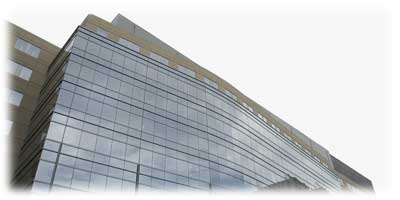 |
|||||||||||||||||
|
|||||||||||||||||
|
Research
The movement of cholesterol and phospholipids into and out of cells is a highly regulated process that affects a broad range of cellular functions. The receptors and transport proteins that participate in this cellular trafficking of lipids are highly conserved and evolutionarily ancient. My lab interests center on the function of two classes of these proteins, the scavenger receptors and the A class of ABC transporters. The study of these proteins, their signal transduction activities, and the consequences for atherosclerosis plaque formation are central issues that we address. Lipid uptake by macrophages is counterbalanced by an active efflux of lipid out of the same cells that is mediated by the activity of an ABCA class transporter known as ABCA1. The A class of ABC transporters all appear to function as lipid transporters and mutations in the genes encoding several of these proteins lead to devastating human diseases. Our lab has begun to systematically inactivate these proteins in mice using homologous recombination techniques in order to study their function and generate animal models that may be of use in the development of new therapies. With our recent move into the newly-created Center for Computational and Integrative Biology, we are working closely with Brian Seed and his laboratory group to build a new translational medicine program focused on the development of novel therapeutics using combinatorial chemistry and high-throughput screening methods. Our goal is to develop new biologics and small molecules that we will take into first-in-human clinical studies to establish that these agents can safely interact with the drug target chosen, and produce the physiological change desired to achieve a therapeutic effect. This joint effort with the Seed lab has training opportunities that range from medicinal chemistry through to clinical trial design and execution. |
|||||||||||||||||
|
|
|||||||||||||||||
| Copyright © 2006-2012 The Massachusetts General Hospital | |||

